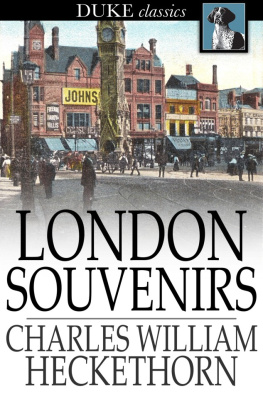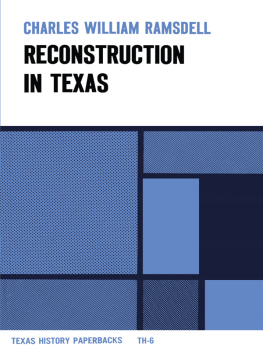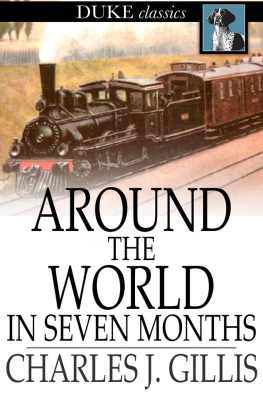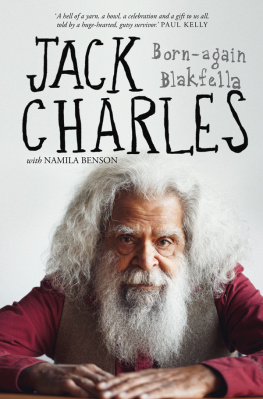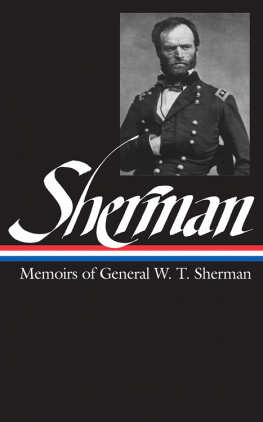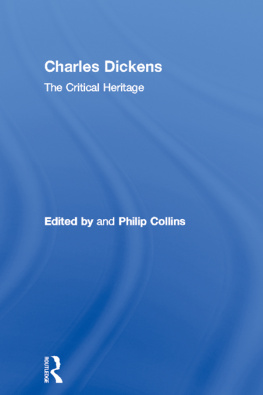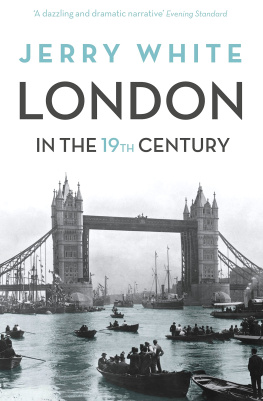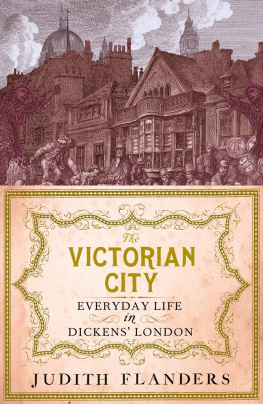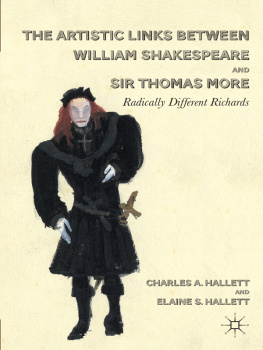Charles William Heckethorn - London Souvenirs
Here you can read online Charles William Heckethorn - London Souvenirs full text of the book (entire story) in english for free. Download pdf and epub, get meaning, cover and reviews about this ebook. year: 2014, publisher: Duke Classics, genre: Detective and thriller. Description of the work, (preface) as well as reviews are available. Best literature library LitArk.com created for fans of good reading and offers a wide selection of genres:
Romance novel
Science fiction
Adventure
Detective
Science
History
Home and family
Prose
Art
Politics
Computer
Non-fiction
Religion
Business
Children
Humor
Choose a favorite category and find really read worthwhile books. Enjoy immersion in the world of imagination, feel the emotions of the characters or learn something new for yourself, make an fascinating discovery.
- Book:London Souvenirs
- Author:
- Publisher:Duke Classics
- Genre:
- Year:2014
- Rating:4 / 5
- Favourites:Add to favourites
- Your mark:
- 80
- 1
- 2
- 3
- 4
- 5
London Souvenirs: summary, description and annotation
We offer to read an annotation, description, summary or preface (depends on what the author of the book "London Souvenirs" wrote himself). If you haven't found the necessary information about the book — write in the comments, we will try to find it.
Travel through the genteel avenues and gritty slums of turn-of-the-century London in this dazzling travelogue from Charles William Heckethorn. Rather than focusing solely on the affluent neighborhoods filled with high-born aristocrats, Heckethorn catalogs the city as a whole in an ambitious, all-encompassing vision.
London Souvenirs — read online for free the complete book (whole text) full work
Below is the text of the book, divided by pages. System saving the place of the last page read, allows you to conveniently read the book "London Souvenirs" online for free, without having to search again every time where you left off. Put a bookmark, and you can go to the page where you finished reading at any time.
Font size:
Interval:
Bookmark:

First published in 1899
ISBN 978-1-63421-256-4
Duke Classics
2014 Duke Classics and its licensors. All rights reserved.
While every effort has been used to ensure the accuracy and reliability of the information contained in this edition, Duke Classics does not assume liability or responsibility for any errors or omissions in this book. Duke Classics does not accept responsibility for loss suffered as a result of reliance upon the accuracy or currency of information contained in this book.
Philosophers may argue, and moralists preach, the former against thefolly, and the latter against the wickedness of gambling, but, as may beexpected, their remonstrances pass but as a gentle breeze over theoutwardly placid ocean of play, causing the fishesthe familiars of thegambling worldlanguidly to raise their heads, and mildly to inquire:'What's all that row about?' Gambling is one of the strongest passionsin the human breast, and no warning, no exhibition of fatal examples,will ever stop the indulgence in the excitement it procures. It assumesmany phases; in all men have undergone disastrous experiences, and yetthey repeat the dangerous and usually calamitous experiments. In noundertaking has so much money been lost as in mining; prizes haveoccasionally been drawn, but at such rare intervals as to be cautionsrather than encouragements; and yet, even at the present day, with allthe experience of past failures, sanguine speculators fill empty shaftswith their gold, which is quickly fished up by the greedy promoters.
Some of the now most respectable West End clubs originally were onlygambling-hells. They are not so now; but the improvement this wouldseem to imply is apparent only. Our manners have improved, but not ourmorals; the table-legs wear frilled trousers now, but the legs are thereall the same, even the blacklegs. But it is the past more than thepresent we wish to speak of.
Early in the last century gaming was so prevalent that in one night'ssearch the Leet's Jury of Westminster discovered, and afterwardspresented to the justices, no fewer than thirty-five gambling-houses.The Society for the Reformation of Manners published a statement oftheir proceedings, by which it appeared that in the year beginning withDecember 1, 1724, to the same date in 1725, they had prosecuted 2,506persons for keeping disorderly and gaming houses; and for thirty-fouryears the total number of their prosecutions amounted to the astoundingfigure of 91,899. In 1728 the following note was issued by the King'sorder: 'It having been represented to his Majesty that such felons andtheir accomplices are greatly encouraged and harboured by personskeeping night-houses ... and that the gaming-houses ... much contributeto the corruption of the morals of those of an inferior rank ... hisMajesty has commanded me to recommend it, in his name, in the strongestmanner to the Justices of the Peace to employ their utmost care andvigilance in the preventing and suppressing of these disorders, etc.'
This warning was then necessary, though as early as 1719 an order forputting in execution an old statute of Henry VIII. had been issued toall victuallers, and others whom it might concern. The order ran: 'Thatnone shall keep or maintain any house or place of unlawful games, onpain of 40s. for every day, of forfeiting their recognisance, and ofbeing suppressed; that none shall use or haunt such places, on pain of6s. 8d. for every offence; and that no artificer, or his journeyman,husbandman, apprentice, labourer, mariner, fisherman, waterman, orserving-man shall play at tables, tennis, dice, cards, bowls, clash,coiting, loggating, or any other unlawful game, out of Christmas, orthen out of their master's house or presence, on pain of 20s.'
There were thus many attempts at controlling the conduct of the lowerorders, but the gentry set them a bad example. The Cocoa-Tree Club, theTory chocolate-house of Queen Anne's reign, at No. 64, St. James'sStreet, was a regular gambling-hell. In the evening of a CourtDrawing-room in 1719, a number of gentlemen had a dispute over hazard atthat house; the quarrel became general, and, as they fought with theirswords, three gentlemen were mortally wounded, and the affray was onlyended by the interposition of the Royal Guards, who were compelled toknock the parties down with the butt-ends of their musketsindiscriminately, as entreaties and commands were disregarded. Walpole,in his correspondence, relates: 'Within this week there has been a castat hazard at the Cocoa-Tree, the difference of which amounted to180,000. Mr. O'Birne, an Irish gamester, had won 100,000 of a youngMr. Harvey, of Chigwell, just started from a midshipman into an estateby his elder brother's death. O'Birne said: "You can never pay me." "Ican," said the youth; "my estate will sell for the debt." "No," saidO'Birne, "I will win 10,000; you shall throw for the odd 90,000."They did, and Harvey won.' It is not on record whether he took thelesson to heart. The house was, in 1746, turned into a club, but itsreputation was not improved; bribery, high play, and foul play continuedto be common in it.
Another chocolate-house was White's, now White's Club, St. James'sStreet. As a chocolate-house it was established about 1698, near thebottom of the west side of St. James's Street; it was burnt down in1773. Plate VI. of Hogarth's 'Rake's Progress' shows a room full ofplayers at White's, so intent upon play as neither to see the flames norhear the watchmen bursting into the room. It was indeed a famousgambling and betting club, a book for entering wagers always lying onthe table; the play was frightful. Once a man dropped down dead at thedoor, and was carried in; the club immediately made bets whether he wasdead or only in a fit; and when they were going to bleed him thewagerers for his death interposed, saying it would affect the fairnessof the bet. Walpole, who tells the story, hints that it is invented.Many a highwaymanone is shown in Hogarth's picture above referredtothere took his chocolate or threw his main before starting forbusiness. There Lord Chesterfield gamed; Steele dated all his love newsin the Tatler from White's, which was known as the rendezvous ofinfamous sharpers and noble cullies, and bets were laid to the effectthat Sir William Burdett, one of its members, would be the first baronetwho would be hanged. The gambling went on till dawn of day; and Pelham,when Prime Minister, was not ashamed to divide his time between hisofficial table and the piquet table at White's. General Scott was avery cautious player, avoiding all indulgence in excesses at table, andthus managed to win at White's no less than 200,000, so that when hisdaughter, Joanna, married George Canning he was able to give her afortune of 100,000.
Another club founded specially for gambling was Almack's, the originalBrooks's, which was opened in Pall Mall in 1764. Some of its memberswere Macaronis, the fops of the day, famous for their long curls andeye-glasses. 'At Almack's,' says Walpole, 'which has taken the pas ofWhite's ... the young men of the age lose 10,000, 15,000, 20,000 inan evening.' The play at this club was only for rouleaux of 50 each,and generally there was 10,000 in gold on the table. The gamestersbegan by pulling off their embroidered clothes, and put on friezegarments, or turned their coats inside out for luck. They put on piecesof leather to save their lace ruffles; and to guard their eyes from thelight, and to prevent tumbling their hair, wore high-crowned straw hatswith broad brims, and sometimes masks to conceal their emotions.Almack's afterwards was known as the 'Goose-Tree' Cluba rathersignificant nameand Pitt was one of its most constant frequenters, andthere met his adherents. Gibbon also was a member, when the club wasstill Almack'swhich, indeed, was the name of the founder and originalproprietor of the club.
Font size:
Interval:
Bookmark:
Similar books «London Souvenirs»
Look at similar books to London Souvenirs. We have selected literature similar in name and meaning in the hope of providing readers with more options to find new, interesting, not yet read works.
Discussion, reviews of the book London Souvenirs and just readers' own opinions. Leave your comments, write what you think about the work, its meaning or the main characters. Specify what exactly you liked and what you didn't like, and why you think so.

